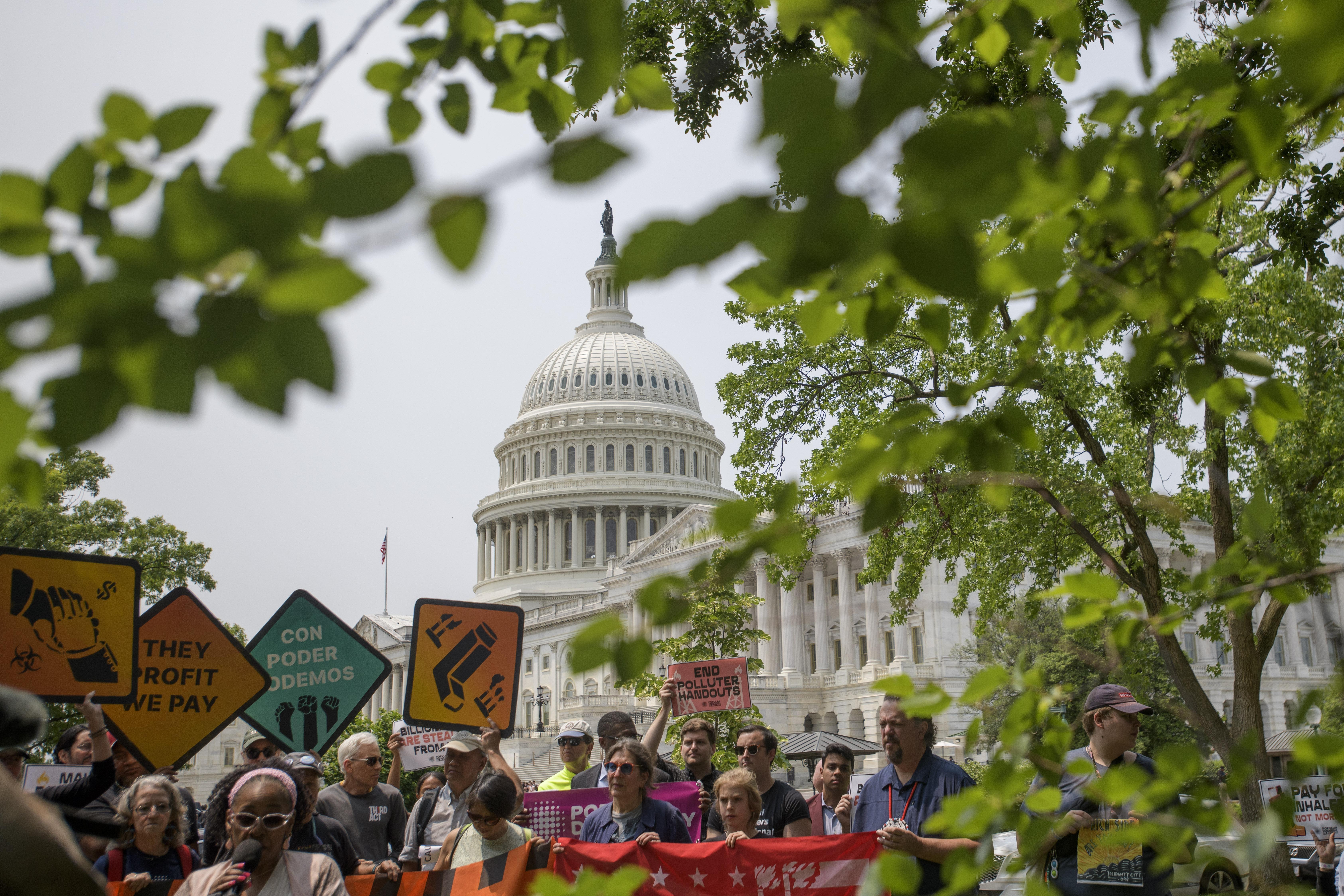Just minutes after the House of Representatives passed Trump’s sweeping domestic policy bill on Thursday, Gov. Tate Reeves told reporters he believes the measure's tax cuts will spur a surge in capital investment in America. He also said that if that happens, Mississippi will punch above its weight in courting that investment to continue a post-pandemic trend of economic growth.
“Our workforce participation rate has been steadily growing over the last year and a half, and we want that to continue,” Reeves said. “So hopefully, this particular bill is going to grow the number of job opportunities that are out there and also encourage and incentivize more individuals to get into the workforce.”
When discussing the bill’s impact on federal funding levels for various programs in Mississippi, Reeves said the state will avoid the most sweeping health funding cuts because they only apply to the 40 states that have expanded Medicaid.
While that is true, Mississippi could still lose between $3 billion and $5 billion in Medicaid funding due to the cuts, according to health policy research organization KFF.
Richard Roberson, CEO of the Mississippi Hospital Association, said that wouldn’t only represent a massive hit to state coffers but also to hospitals across the state. That's because of new restrictions being placed on a mechanism that allows states to use provider taxes to increase Medicaid payments to hospitals.
Those cuts won’t begin until 2028, but Roberson said they could mean hundreds of millions of dollars in lost revenue for vulnerable hospitals and the absence of the financial stability providers in the state need to plan ahead and grow.
“When they're recruiting physicians, when they are recruiting staff, they're thinking long term,” Roberson said. “They're not thinking about a one- or two-year commitment to bring on a physician. You're signing a multi-year commitment, you're building facilities, you're adding equipment with the expectation that the funding sources that you have now are going to continue to be available a few years from now.”
The bill also mandates that states cover 5% to 25% of Supplemental Nutrition Assistance Program (SNAP) benefits, also called food stamps, by 2028 and cuts administrative funding by half. For Mississippi, that could mean up to $600 million less in annual SNAP funding. A 10% cut to federal Temporary Assistance for Needy Families (TANF) funding will also put further strain on Mississippi’s already challenged safety net systems.
Congressman Bennie Thompson, the only Democrat representing Mississippi in Congress, criticized the legislation as a handout to the rich that comes at the expense of working-class families.
“For my district, this means closed hospitals, nursing homes, families struggling to afford groceries, and educational opportunities deferred. Republicans’ priorities are very simple: tax cuts for the wealthy and nothing for the people who make this country work,” Thompson said in a statement.
Nearly one-third of Mississippi's rural hospitals, 20 in total, are already at immediate risk of closure, according to a study published in June by the Center for Healthcare Quality and Payment Reform.
The other five members of Mississippi's congressional delegation all said they were proud to vote in favor of the legislation and called its passage a win for the U.S. economy.
“This legislation restores common sense to Washington by making the Trump tax cuts permanent, securing our border, ending taxpayer abuse, and unleashing American energy to power our economy—not our adversaries,” Congressman Mike Ezell said in a statement.




